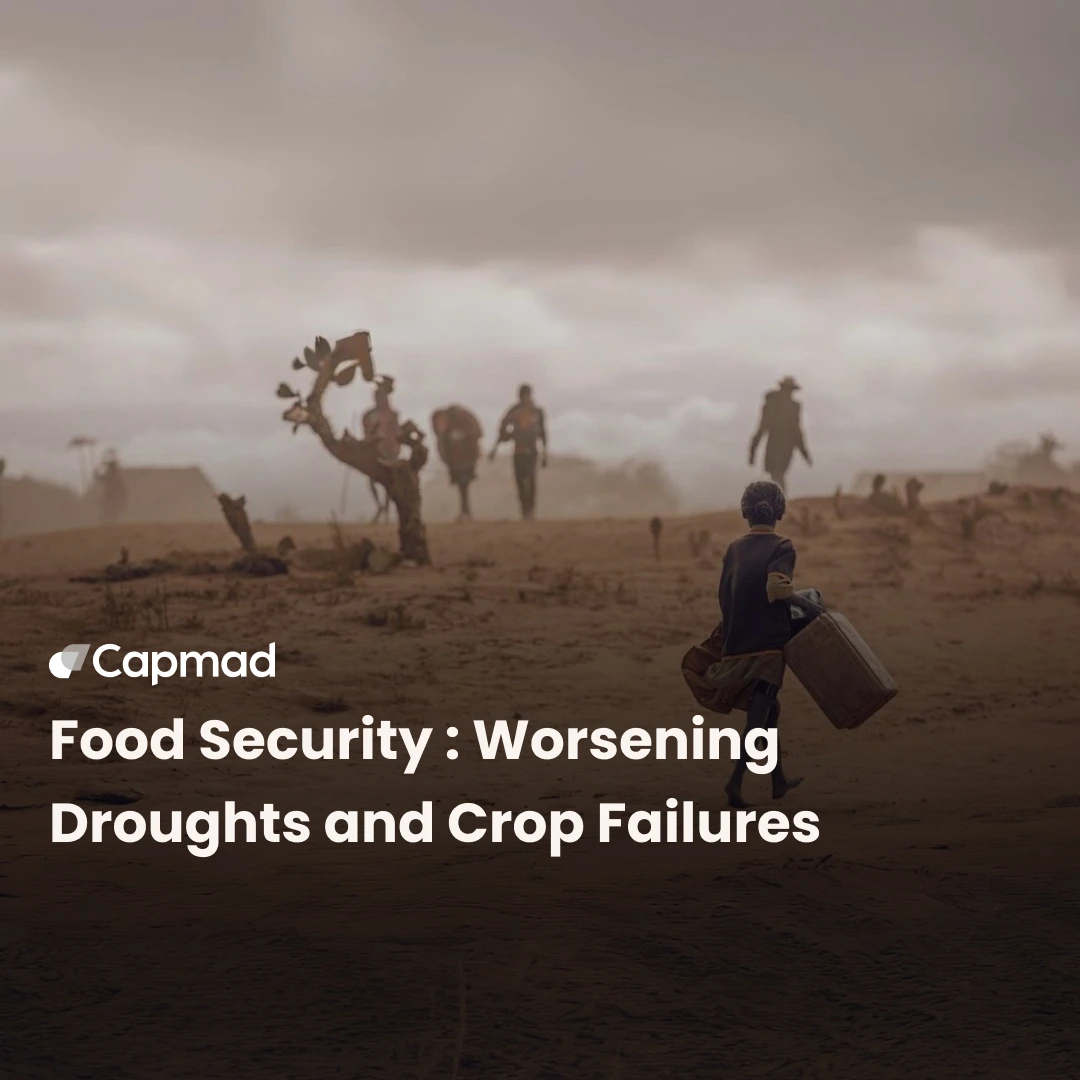As COP30 approaches, scheduled for November 2025 in Belém, Brazil, the fight against climate disinformation emerges as a major challenge. Faced with the growing spread of false information that undermines trust in science and hinders climate action, an unprecedented international mobilization is underway.
Climate Disinformation: A Major Obstacle to Combating Climate Change
An international report published in June 2025 by the International Panel on Information and the Environment (IPIE) reveals that climate disinformation is no longer limited to simple denial but now aims to sow doubt about the reality of climate change, its human causes, and the effectiveness of proposed solutions. This strategy weakens collective capacity to act effectively in the face of the climate emergency.
According to Sebastian Valenzuela, chair of IPIE’s scientific committee, this disinformation is often orchestrated by trusted institutions, notably fossil fuel companies seeking to obscure their responsibility while engaging in greenwashing.
A Global Coalition to Defend Information Integrity
In March 2025, in Brasília, a world-first gathering brought together 80 civil society organizations committed to fighting climate disinformation. Supported by the Brazilian government and the United Nations, this coalition launched the Summit for Information Integrity on Climate Change and the Global Initiative to Ensure Reliable Information.
These events aim to coordinate international efforts to counter disinformation campaigns, which have become a geopolitical and ideological weapon, particularly used by the fossil fuel industry and certain extremist political movements.
Innovative Strategies to Counter Disinformation
Given the complexity of the phenomenon, several levers are emphasized:
- Demonetizing disinformation: encouraging advertisers not to fund misleading content.
- Legal frameworks: financial penalties, such as those imposed in France on a news channel for spreading climate-skeptical statements, serve as examples to follow.
- Pre-bunking: preparing the public to recognize and reject disinformation before it spreads, as fact-checking alone has limitations in short-term effectiveness.
An Unequal Fight Against Disinformation
Vulnerability to disinformation varies across populations. Rural areas, indigenous communities, and those with limited access to education are particularly exposed. Moreover, disinformation also influences economic and political elites, sometimes convinced of a popular disinterest in ecology—a notion disproved by facts.
This reality highlights the need for media and information literacy, especially in the most affected regions like the Pacific, where UNESCO is leading initiatives to strengthen citizens’ critical capacity against false information.
COP30: A Crucial Step to Strengthen Climate Commitments
COP30 arrives at a symbolic moment, ten years after the Paris Agreement. It must enable countries to present more ambitious national climate plans (NDCs) to limit warming to 1.5°C. To date, very few countries have submitted updated strategies, and current commitments remain insufficient.
The Brazilian Minister of the Environment calls this conference the “COP of COPs,” emphasizing its key role in urgently aligning with the global climate goal. The fight against disinformation will be central to negotiations, as reliable information is essential to building effective international cooperation.






